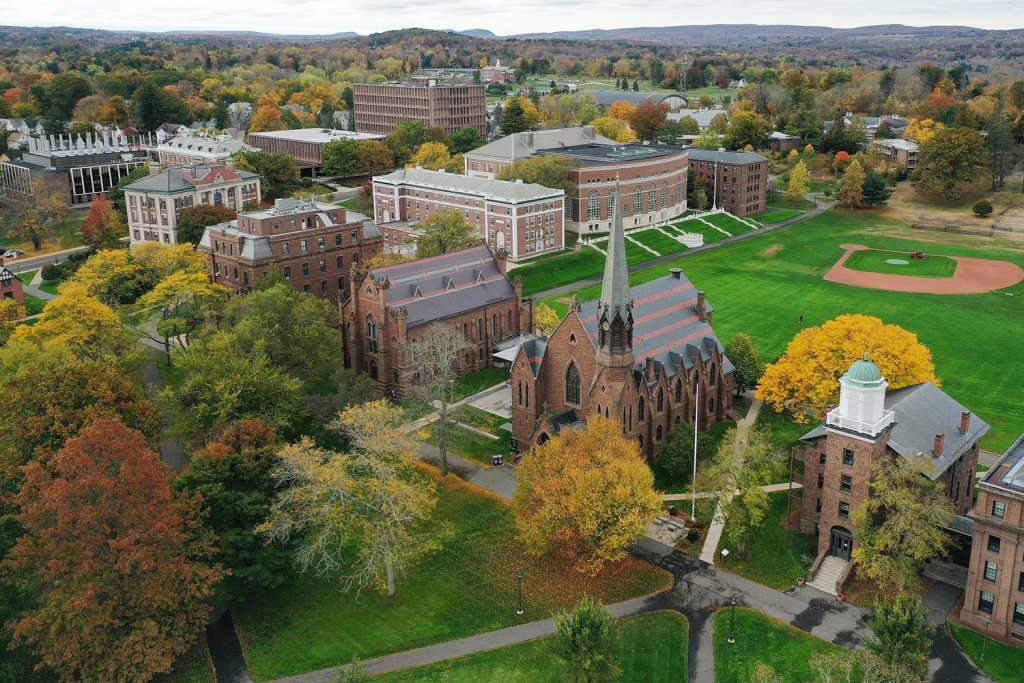
While everyone has their personal reasons for choosing higher education after serving in the military, below are some of the most common reasons.
Noble Cause
Like your military career, serving in higher education provides an opportunity to give back. Higher ed facilities careers enable student success, groundbreaking research, and community outreach. The primary mission of higher education is to educate students, conduct research, and influence community. The facilities organization supports that mission by helping to attract and retain top students and researchers with:
- First Impressions
- Providing attractive landscaping
- Building attractive facilities
- Providing a safe learning environment
- Providing clean and well-maintained facilities
- Regulating resources to keep tuition low
- Demonstrating resiliency – Impact of power outages, temperature changes
- Facilities staff can educate students (teach classes or tours) and provide opportunities for research with faculty (facilities, energy, transportation)
Lifestyle
Higher education careers offer predictable and reasonable work hours, competitive vacation/sick leave, and job security with positions located throughout the United States and Canada. Other benefits include:
- Educational benefits (often)
- More time off
- Working for a higher purpose/Supporting the mission of the institution
- Less travel
- Job stability
- Fewer hours (job dependent)
- Pension plan/Buy back military time
Private Sector
- Higher pay (typically) and bonuses
- More opportunity for advancement
- Working remotely possible
Higher Ed has many similarities to the military:
Higher ed institutions have many of the same facilities that you have supported while in the military, and most educational institutions are accommodating for serving in the reserves. Some similarities include:
- Self-contained campus/base
- Residence halls/barracks
- Dining halls/chow halls
- Classrooms
- Private utilities (usually)
- Roads, parking
- Higher purpose than earning an income; serving the mission and vision of the institution
- Clearly defined chain of command
- Project funding from a variety of sources
- Needs exceed resources
- Politics (admiral/tenured faculty)
- Red tape/approval process
- Community engagement
- Interaction with state and federal agencies
- Similar demographics (young, first time away from home)
- ROTC
 Create an Account
Create an Account
 Login/myAPPA
Login/myAPPA
 Bookstore
Bookstore
 Search
Search  Translate
Translate